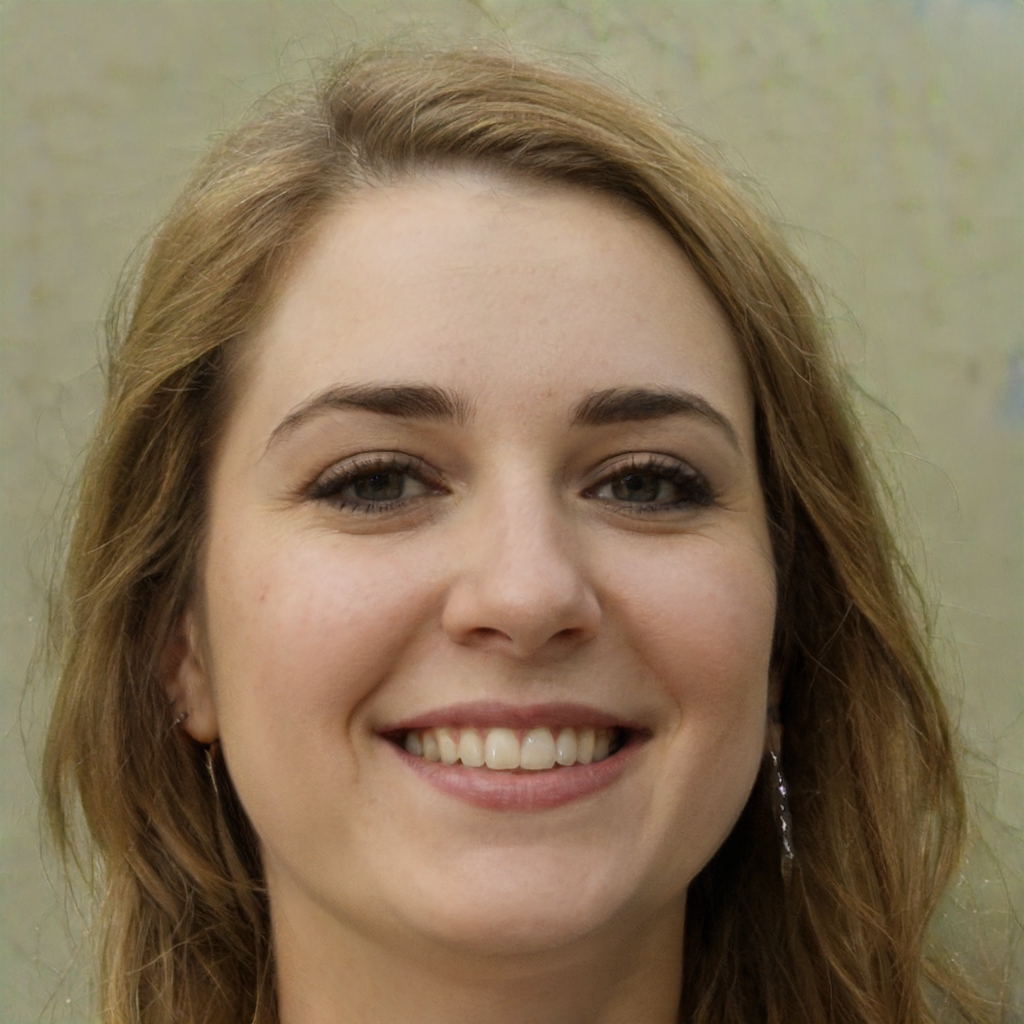As Health Professionals Go, So Goes Our Democracy
0 View
Share this Video
- Publish Date:
- 30 June, 2023
- Category:
- Diet
- Video License
- Standard License
- Imported From:
- Youtube
Tags
By MIKE MAGEE
Last weekend’s New York Times headline, The Moral Crisis of America’s Doctors, spotlights that there is growing concern that the monetarization and corporatization of nursing and medical professions by hospital and insurance power houses, have seriously undermined the mental health and ethical effectiveness of health care professionals. The pandemic has only heightened the crisis.
Since focusing on the social science of Medicine in the 1990’s in Philadelphia, it has been an uphill battle to convince leaders in and out of Medicine that doctors and nurses are critical to individual and societal success. Recently, I’ve come to the conclusion that this may have more to do with a general lack of knowledge of our form of governing, democracy, than a misunderstanding of the stabilizing effect of professional doctors and nurses.
What is democracy? For an answer I turned to John J. Patrick PhD, professor emeritus in history, civics and government at the Indiana University. In his “Understanding Democracy,” he explains that democracy as we know it is a “startling new development.” The practice of rule (krater) by the people (demos), or “demokratia,” dates back 2500 years to Athens, Greece. Citizens did rule by majority vote, but only free males of Greek descent could rise to the status of “citizen.” In those days, individual freedoms took a back seat to unconditional support of the city-community.
Establishing a modern democracy in America has been a bit of a struggle.
Our concept of a “representative democracy” allowed elected representatives to act on behalf of the citizens with the goal of achieving “majority rule in tandem with protection of minority rights.” By 1920, democracy was somewhat more inclusive and slowly gaining global recognition as a form of government. At the time, there were 15 democracies worldwide. But by the end of the 20th century, there were 100 representing 2/3rds of the global population.
The ascendant nature of democracy reflected changes and adjustments of the ancient model. Dr. Patrick has highlighted a few of those changes including:
“Democracy in our world implies both collective and personal liberty.”“Differences in opinions and interests are tolerated and even encouraged in the public and private lives of citizens.”“Unlike democracy in ancient times, which directed citizens primarily to serve the community, the primary purpose of government in a modern democracies is to serve and protect all persons under its authority and especially to secure their inherent rights to liberty and safety.”“In an authentic democracy, the citizens or people choose representatives in government by means of free, fair, contested, and regularly scheduled elections in which all adults have the right to vote and otherwise participate in the electoral process.”“Popular sovereignty prevails; the government rules by consent of the people to whom it is accountable.”Democracies are anchored by Constitutions which define the the responsibilities of the various counter-balancing branches of government, and jury a system of laws or rules that apply to all citizens. The Constitution defines the limits on the power of government. It is a tricky balance. The democratic government must be powerful enough to maintain law and order. Yet it must be sufficiently restrained to avoid oppressing individual liberty.
Federalist No.51, dealt with this delicate balance, stating: “If angels were to govern men, neither external nor internal controls on government would be necessary. In framing a government which is to be administered by men over men, the great difficulty lies in this: you must first enable the government to control the governed, and in the next place oblige it to control itself.”
Dr. Patrick suggests that the rapidly expanding popularity of democracy as a form of government is its promise to deliver “ordered liberty…combining liberty and order in one constitutional government…an authentic democracy.”
This requires confidence and trust that is able to reach down into the community. It requires liberal amounts of compassion, understanding and partnership. It requires real time processing of individual fears and worries. And it requires hope.
The roughly 1 million physicians and 4.2 million Registered Nurses at their best, deliver all of the above to all comers. They are neither saints nor sinners. They are human. Those of us who have spent time educating and managing this workforce, have appealed to their sense of professionalism and their oaths of duty. We’ve reinforced that living under our impossibly high expectations is, after all, what they signed up for. Historically, in most cases, they have delivered beyond our expectations.
I see health professionals as front-line educators and defenders of democracy. As Dr. Patrick notes, “If there would be ‘government of the people, by the people, and for the people’ – Abraham Lincoln’s pithy phrase about the meaning of democracy – then there must be education of the people about what it is, how to do it, why it is good, or at least better than the alternatives to it.”
But learning in democracy, as in health care, is an intimate affair. It requires that people “touch each other.” Neither AI, nor the latest mRNA technology, can cure “what ails us.” The solutions are distinctly human.
Mike Magee MD is a Medical Historian, regular THCB Contributor, and the author of CODE BLUE: Inside the Medical Industrial Complex.













